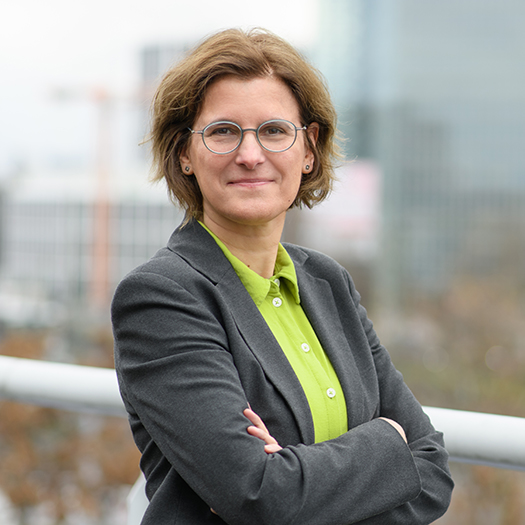New Index Reveals Major Differences in the Degree of Digitalisation in the German Economy
ResearchThere are significant differences in the degree of digitalisation in the German economy. This becomes clearly apparent when looking at the different economic sectors, company sizes, groups of federal states as well as types of region. Compared to the rest of the economy, the ICT sector leads the way when it comes to digitalisation – and by a wide margin: With a total of 273.0 index points, the ICT sector is far above the standardised industry average of 100 points. The sector ‘other production industries’ (55.6 index points) shows the worst performance in terms of digitalisation, followed by the tourism industry (64.4 index points) and other manufacturing industries (66.7 index points).
The index value for large enterprises (more than 250 employees) is almost twice as high as the average value for all company sizes. Out of the four groups of federal states – North, East, South, and West – the South German states of Bavaria and Baden-Württemberg (group South) have the highest degree of digitalisation. In these states, the level of digitalisation amounts to 110 per cent of the average of all groups of states. It comes as little surprise that the metropolitan areas, such as Berlin, Munich and Cologne, have the highest degree of digitalisation, while rural areas show below-average results.
These are some of the findings of a new digitalisation index published today on the platform de.digital. “The digitalisation index is based on a new concept that allows us to comprehensively measure the different dimensions of the degree of digitalisation in the German industry over time. Solid measurements are essential for the diagnosis and resolution of existing problems and thus provide the foundation for the continued successful implementation of the digital transformation of the economy,” explains Professor Irene Bertschek, head of the ZEW Research Department “Digital Economy”.
The index will be published on an annual basis and is part of the project entitled “Measuring the degree of digitalisation in the German economy”, which is conducted by a consortium formed by ZEW Mannheim (consortium leader), the Cologne-based German Economic Institute (IW), IW Consult, the Institute for Industrial Management FIR at RWTH Aachen University, and the German Institute for Economic Research (DIW) on behalf of the Federal Ministry for Economic Affairs and Energy.

